Chapter Two: 1980s
*1980*
US President Jimmy Carter enacted the United States grain embargo against the Soviet Union in January 1980 in response to the Soviet Union's invasion of Afghanistan in 1979. The embargo remained in effect until Ronald Reagan ended it in 1981 upon taking office.
The Pittsburgh Steelers became the first NFL franchise to win four Super Bowls, defeating the Los Angeles Rams 31–19 at the Rose Bowl in Pasadena, California. The Pittsburgh Steelers were the heavy favorites, and the Los Angeles Rams were a double-digit underdog. That didn't stop Terry Bradshaw from struggling to sleep the night before over the thought of losing instead of clinching an unprecedented fourth Super Bowl ring. The Steelers trailed 19-17 as the fourth quarter began at the Rose Bowl before more than 103,000 people. The Associated Press is republishing verbatim the story on Bradshaw and Pittsburgh beating the Los Angeles Rams 31-19 for the Steelers' last Super Bowl championship in Pasadena on Jan. 20, 1980.

Lake Placid 1980 Olympic Winter Games, an athletic festival held in Lake Placid, N.Y., U.S., took place Feb. 13–24, 1980. The Lake Placid Games were the 13th occurrence of the Winter Olympic Games. The 1980 Games marked the second time the small upstate New York town had hosted the Winter Olympics. But, in the age of television and increasing numbers of spectators, Lake Placid was ill-equipped to handle the demands of a modern Games. Transportation was inadequate to move the crowds, and athletes complained about the confinement of the Olympic Village, which would later be used to house juvenile offenders. While the sports facilities were praised, they were spread throughout the area, making it difficult for spectators to view the events. In addition, organizers were forced to use artificial snow—an Olympic first. International politics also dampened the Games. Only months before, the Soviet Union had invaded Afghanistan, and U.S. Pres. Jimmy Carter was already threatening a boycott of the 1980 Summer Games, scheduled to be held in Moscow.
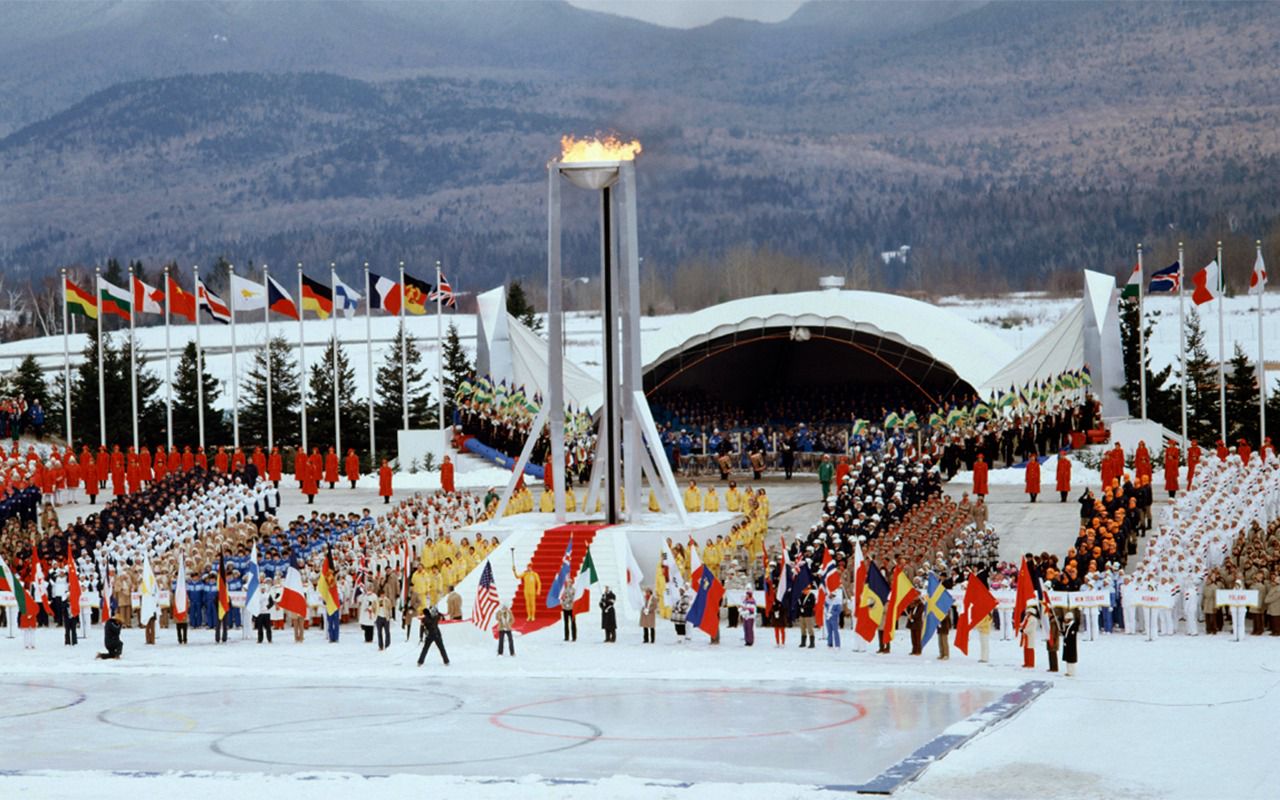
The "Miracle on Ice" was an ice hockey game during the 1980 Winter Olympics in Lake Placid, New York. It was played between the hosting United States and the Soviet Union on February 22, 1980, during the medal round of the men's hockey tournament. Though the Soviet Union was a four-time defending gold medalist and heavily favored, the United States upset them and won 4–3. The Soviet Union had won the gold medal in five of the six previous Winter Olympic Games, and they were the favorites to win once more in Lake Placid. The Soviet team consisted of professional players with significant experience in international play. By contrast, the United States team, led by head coach Herb Brooks, was composed chiefly of amateur players, with only four players with minimal minor-league experience. The United States had the youngest team in the tournament and the history of the U.S. national team.
On March 12, Chicago serial killer John Wayne Gacy is found guilty of 33 counts of murder and one count each of sexual assault and taking indecent liberties with a child. He is sentenced to death by the jury; his execution is set for June 2, 1980.
On April 1, the 1980 United States Census, conducted by the Census Bureau, determined the resident population of the United States to be 226,545,805, an increase of 11.4% over the 203,184,772 persons enumerated during the 1970 census. It was the first census in which California recorded a population of 20 million people and the first in which all states recorded populations of over 400,000. The 1980 census collected the following information from all respondents:
- Address- Name- Household relationship- Gender- Race- Age- Marital status
Whether of Spanish/Hispanic origin or descent, the first census did not ask for the name of the "head of household."
On April 14, the 52nd Academy Awards ceremony, hosted by Johnny Carson, will be held at Dorothy Chandler Pavilion in Los Angeles. Robert Benton's Kramer vs. Kramer won five awards, including Best Picture and Best Director. The film is tied with Bob Fosse's All That Jazz, receiving nine nominations. 8-year-old Justin Henry, nominated for Best Supporting Actor, is the youngest Oscar nominee in any category.
On May 16, Rookie Magic Johnson scores 42 points to lead the Los Angeles Lakers to a 123–107 victory over the Philadelphia 76ers to clinch the National Basketball Association championship for the Lakers, who prevail despite the absence of future Basketball Hall of Fame center Kareem Abdul-Jabbar.
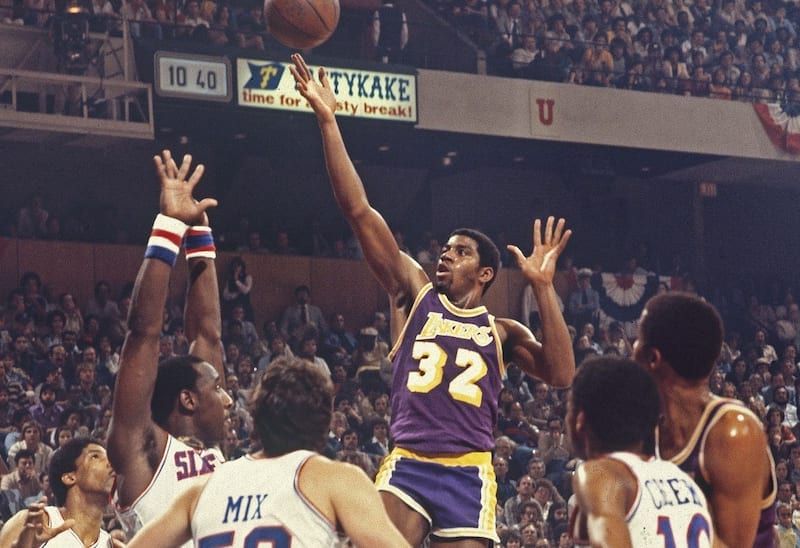
The Empire Strikes Back was released on May 21, 1980; the highly anticipated sequel became the highest-grossing film that year, earning approximately $401.5 million worldwide. Unlike its lighthearted predecessor, Empire met with mixed reviews from critics, and fans were conflicted about its darker and more mature themes.
On May 22, Pac-Man, the best-selling arcade game of all time, is released.
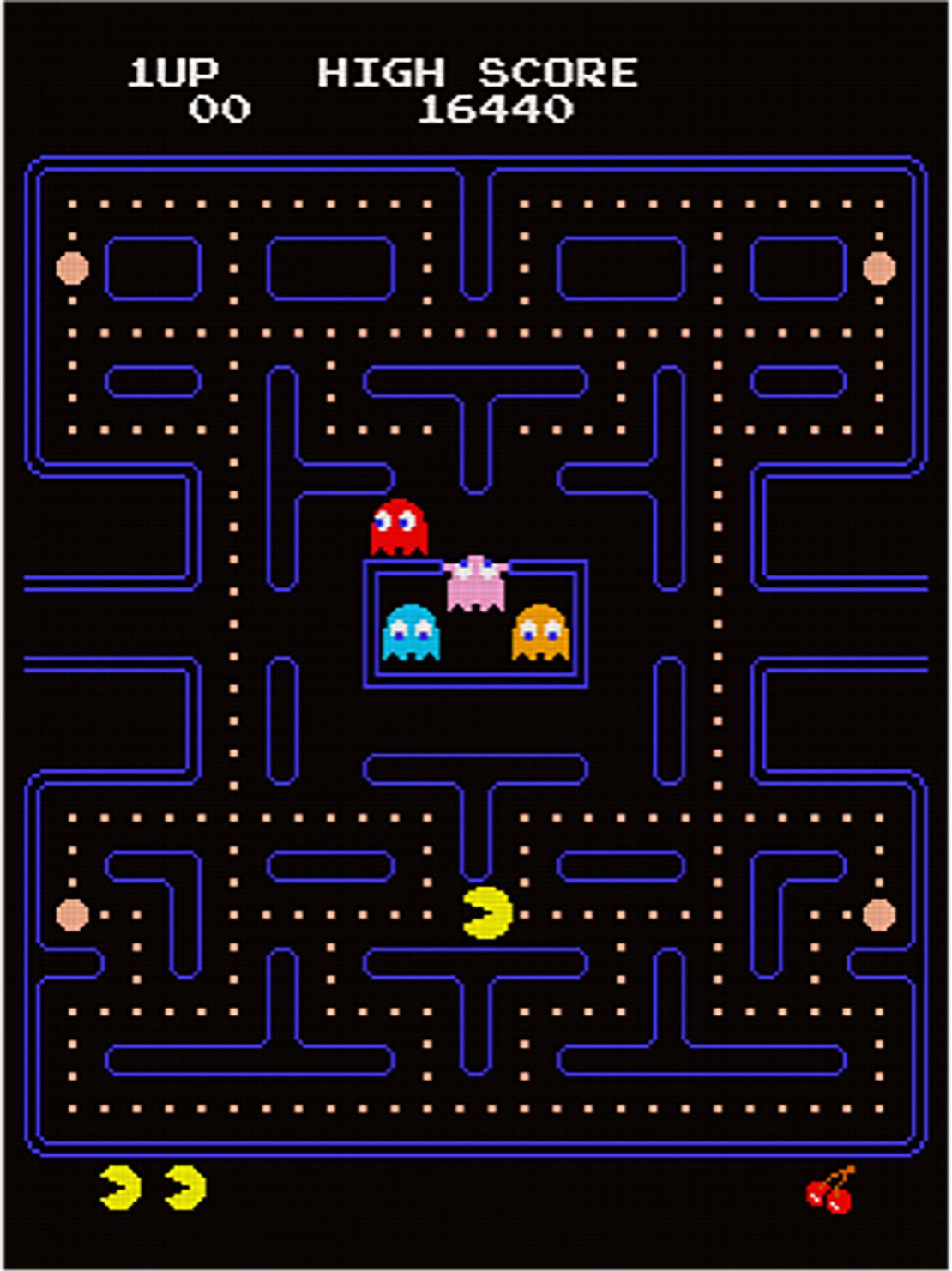
Based on the 1977 novel of the same name, Stanley Kubrick's horror film The Shining will be released on May 23.
*1981*
On January 10, Women in Housing and Finance (WHF) is a membership organization of professionals in housing and finance located in the greater metropolitan area of New York City. Founded in 1981, WHF promotes and supports the professional growth of women in housing, finance, and development and provides a vehicle through which members share knowledge and experience.
On January 20, Ronald Reagan became the 40th president of the United States, and George H. W. Bush became the 43rd vice president.
On May 11, 1981, Jamaican reggae singer Bob Marley died at the age of 36 from cancer, precisely a rare form of skin cancer called acral lentiginous melanoma, which had spread to his brain and lungs.

Robert Nesta Marley, known as Bob Marley (6 February 1945 – 11 May 1981), was a Jamaican singer, songwriter, and guitarist. Considered one of the pioneers of reggae, he fused elements of reggae, ska, and rocksteady and was renowned for his distinctive vocal and songwriting style. Marley increased the visibility of Jamaican music worldwide and made him a global figure in popular culture. He became known as a Rastafarian icon, and he infused his music with a sense of spirituality. Marley is also considered a global symbol of Jamaican music, culture, and identity and was controversial for his outspoken support for democratic social reforms. In 1965, they released their debut studio album, The Wailing Wailers, which included the single "One Love".
https://youtu.be/vdB-8eLEW8g
Raiders of the Lost Ark is a 1981 American fantasy-adventure film directed by Steven Spielberg, produced by George Lucas, and starring Harrison Ford. It is the first installment in the Indiana Jones franchise to be released on June 12.
On July 9, the First release of Donkey Kong and the debut of Mario. Donkey Kong's success positioned Nintendo for market dominance in the 1980s and 1990s. The game debuts Mario, who became Nintendo's mascot and one of the world's most recognizable characters. It was mass-marketed in multiple products, including breakfast cereal, toys, and television cartoons. Donkey Kong is one of the most essential games from the golden age of arcade video games and one of the greatest and most popular games ever. It has been frequently referenced in pop culture and subsequent video games and has an active high-score competition.
On August 1, MTV: Music Television went on the air for the first time, with the words (spoken by one of MTV's creators, John Lack): "Ladies and gentlemen, rock and roll." The Buggles' "Video Killed the Radio Star" was the first music video to air on the new cable television channel, which initially was available only to households in parts of New Jersey. MTV revolutionized the music industry and became an influential source of pop culture and entertainment in the United States and other parts of the world, including Europe, Asia, and Latin America.
In MTV's early days, its programming consisted of introductory music videos introduced by VJs (video jockeys) and provided for free by record companies. As the record industry recognized MTV's value as a promotional vehicle, money was invested in making creative, cutting-edge videos. Some directors, including Spike Jonze (Being John Malkovich, Three Kings) and Michel Gondry (Eternal Sunshine of the Spotless Mind), worked on music videos before segueing into feature films. In the 1980s, MTV was instrumental in promoting the careers of performers such as Madonna, Michael Jackson, Prince, and Duran Duran, whose videos played in heavy rotation.
On September 17, Ric Flair defeated Dusty Rhodes in Kansas City to win his first World Heavyweight Wrestling Championship, marking the beginning of his legendary title reign as the NWA World Heavyweight Champion.
Luke and Laura marry on the U.S. soap opera General Hospital, the highest-rated hour in daytime television history. The couple wed at the end of the hour-long show, which aired on November 16 and 17, 1981. Thirty million viewers watched the event, the highest-rated hour in American soap opera history. Viewers watched as the show followed their marriage through two decades and gave them two children.
*1982*
January 1 – Eddie Murphy first appears on "The Tonight Show Starring Johnny Carson".
https://youtu.be/w1TKGtai7og
E.T. the Extra-Terrestrial was released in the United States on June 11, 1982, and became the highest-grossing film of all time, holding that record for 11 years. For Spielberg, E.T. marked a return to territory he had first visited with the classic Close Encounters of the Third Kind (1977), in which Richard Dreyfuss plays a man who comes face to face with a fearsome alien force that eventually proves to be human-friendly. With E.T., Spielberg would create an even more appealing vision of alien life in the form of a diminutive creature with wrinkled skin and a glowing belly. Spielberg worked closely with the screenwriter Melissa Mathison (future wife of Harrison Ford, the star of Spielberg's Indiana Jones films) to capture on film the story of the wise, kind, and cuddly alien botanist who is stranded on Earth and needs the help of a sensitive little boy, Elliott (Henry Thomas) to get back home. Elliott and his siblings, played by Robert MacNaughton and a seven-year-old Drew Barrymore, hide E.T. (as the alien dubs himself) in a closet to keep him out of sight from prying adults, including their mother, who is distracted by her painful separation from her husband. Before long, a unique link develops between E.T. and Elliott, who will eventually risk his safety by returning E.T. to his planet.
The buzz was overwhelmingly positive from when E.T. had its first showing on closing night at the 1982 Cannes Film Festival. Richard Corliss raved in TIME magazine: "[E.T.] is a perfectly poised mixture of sweet comedy and ten-speed melodrama, of death and resurrection, of a friendship so pure and powerful it seems like an idealized love." TIME also included the fictional alien in its list of candidates for Man of the Year–the first film character to receive that honor. Nominated in nine categories at the 1983 Academy Awards, including Best Picture and Best Director, the film won four Oscars for Best Sound Effects Editing, Best Visual Effects, Best Original Score, and Best Sound.
In Orlando, Florida, Walt Disney World opens its second-largest theme park, EPCOT Center, to the public for the first time. The Walt Disney Company owns and operates the park through its Disney Experiences division. It opened on October 1, 1982, as EPCOT Center, the second of four theme parks built at the resort.
On November 30, Michael Jackson releases Thriller, the biggest-selling album ever.
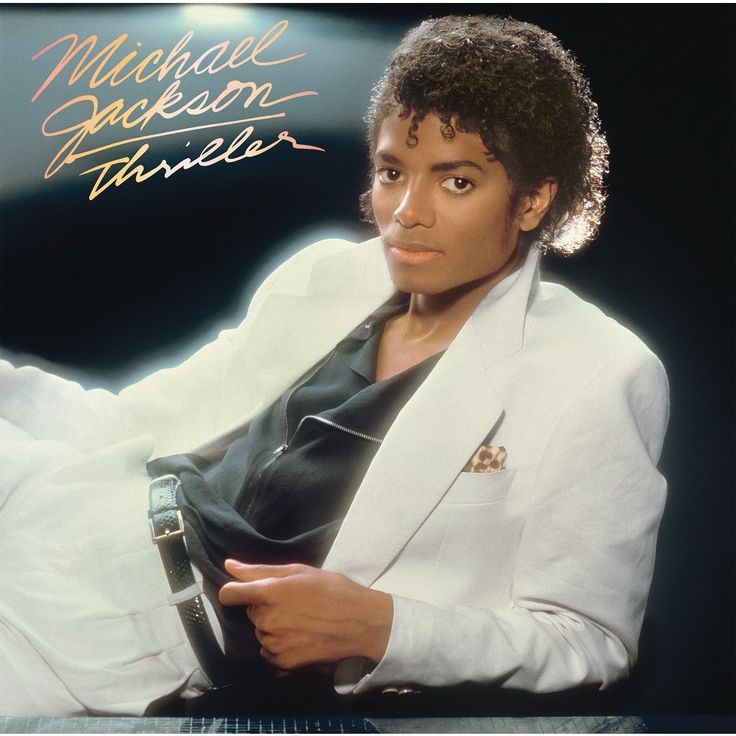
*1983*
January 2 – The musical Annie is performed for the last time after 2,377 shows at the Alvin Theatre on Broadway, New York City.
Lisa is a desktop computer developed by Apple, produced from January 19, 1983 to August 1, 1986, and succeeded by Macintosh. It is generally considered the first mass-market personal computer operable through a graphical user interface (GUI). In 1983, a machine like the Lisa was still so expensive that it was primarily marketed to individual and small and medium-sized businesses as a groundbreaking new alternative to much more extensive and more costly mainframes or minicomputers, such as from IBM, that either require additional, expensive consultancy from the supplier, hiring specially trained personnel, or at least, a much steeper learning curve to maintain and operate. Earlier GUI-controlled personal computers were not mass-marketed; for example, Xerox PARC manufactured its Alto workstation only for Xerox and select partners from the early to mid-1970s.
The Redskins defeated the Dolphins, 27–17, to win their first Super Bowl championship. The game was played on January 30, 1983, at the Rose Bowl in Pasadena, California.
The film is an adaptation of S. E. Hinton's 1967 novel The Outsiders, released on March 25 in the United States.
May 31 – The Philadelphia 76ers sweep the Los Angeles Lakers in four games to win the 1982–83 NBA season championship. Philadelphia's Moses Malone is named NBA Finals MVP.
*1984*
On January 25th, during his State of the Union Address, President Ronald Reagan declared that the United States would start developing a permanently manned space station, open to collaboration with other international space agencies. Initially called "Space Station Freedom," it eventually became the International Space Station; this announcement marked a significant step forward in space exploration with international cooperation at its core.
President Ronald W. Reagan directed NASA to build a permanently inhabited Earth-orbiting space station within a decade. The President's announcement turned years of NASA studies into an actual program. As initially envisioned, the modular space station would use the space shuttle for assembly and serve as a microgravity research laboratory and observation platform, a satellite servicing station, and a staging ground for exploration missions. The President urged NASA to invite its international partners to participate in the program. The complexity and cost of such an outpost resulted in multiple redesigns, with the initial Space Station Freedom ultimately evolving into the International Space Station. On-orbit assembly began in 1998, with permanent human habitation beginning two years later.
As early as the 1950s, American space pioneer Wernher von Braun had ideas for sizeable orbiting space stations. He envisioned a wheel-shaped facility, slowly rotating to provide artificial gravity to its several thousand occupants. While such an orbital outpost exceeded available technologies for the foreseeable future, shortly after its founding in 1958, NASA began considering more modest space stations.
With President John F. Kennedy's 1961 pronouncement of a Moon landing as a national goal, plans for space stations took a back seat until after NASA achieved that objective. The Space Task Group (STG) that President Richard M. Nixon commissioned in 1969 to assess post-Apollo space objectives proposed an Earth-orbiting space station for the mid-1970s, followed later by a much larger space base among several other ambitious projects. Economic realities precluded such lofty goals; President Nixon approved the space shuttle in 1972, the only STG-recommended project to receive funding. Approval of an American space station awaited a later president. In the meantime, based on Apollo hardware, the highly successful experimental Skylab space station housed three successive crews of three astronauts each for 28, 59, and 84 days, in 1973 and 1974.
During his Jan. 25, 1984, State of the Union address to a joint session of Congress, President Reagan directed NASA to develop a "permanently manned space station and to do it within a decade." His comments reflected his view of American pre-eminence in space but explicitly stated that the United States would invite other nations to join the project. President Reagan spelled out the benefits to be derived from such an orbiting platform:
Our progress in space—taking giant steps for all humanity—is a tribute to American teamwork and excellence. Our finest minds in government, industry, and academia have all pulled together. And we can be proud to say: We are first; we are the best; and we are so because we're free. America has always been greatest when we dared to be great. We can reach for greatness again. We can follow our dreams to distant stars, living and working in space for peaceful, economic, and scientific gain. ... A space station will permit quantum leaps in our research in science, communications, metals, and lifesaving medicines, which could be manufactured only in space. We want our friends to help us meet these challenges and share their benefits. NASA will invite other countries to participate in strengthening peace, building prosperity, and expanding freedom for all who share our goals.
In response to President Reagan's direction, NASA Administrator James M. Beggs said, "The space program is alive and well, and we have a new initiative. ... The space station will give us a permanent presence in low Earth orbit ... and will be the cornerstone of our activities in space through the end of the century and beyond." He added that the President's initiatives "are the right ones for the right time in our history." In the optimism that followed President Reagan's announcement, NASA laid out an ambitious plan for a space station composed of three separate orbital platforms to conduct microgravity research as well as Earth and celestial observations, to serve as a transportation and servicing node for space vehicles and satellites, and to stage missions for deep-space exploration. NASA signed agreements with the European Space Agency (ESA) and Japan's National Space Development Agency (NASDA), now the Japan Aerospace Exploration Agency (JAXA), to provide their research modules. Canada agreed to provide a robotic servicing system.
Warner Bros. Records will release Purple Rain, Prince's sixth studio album, on June 25. The album is the soundtrack to the film of the same name and the first album on which his band, The Revolution, is billed.

On September 10, Jeopardy! It begins its syndicated version with host Alex Trebek.
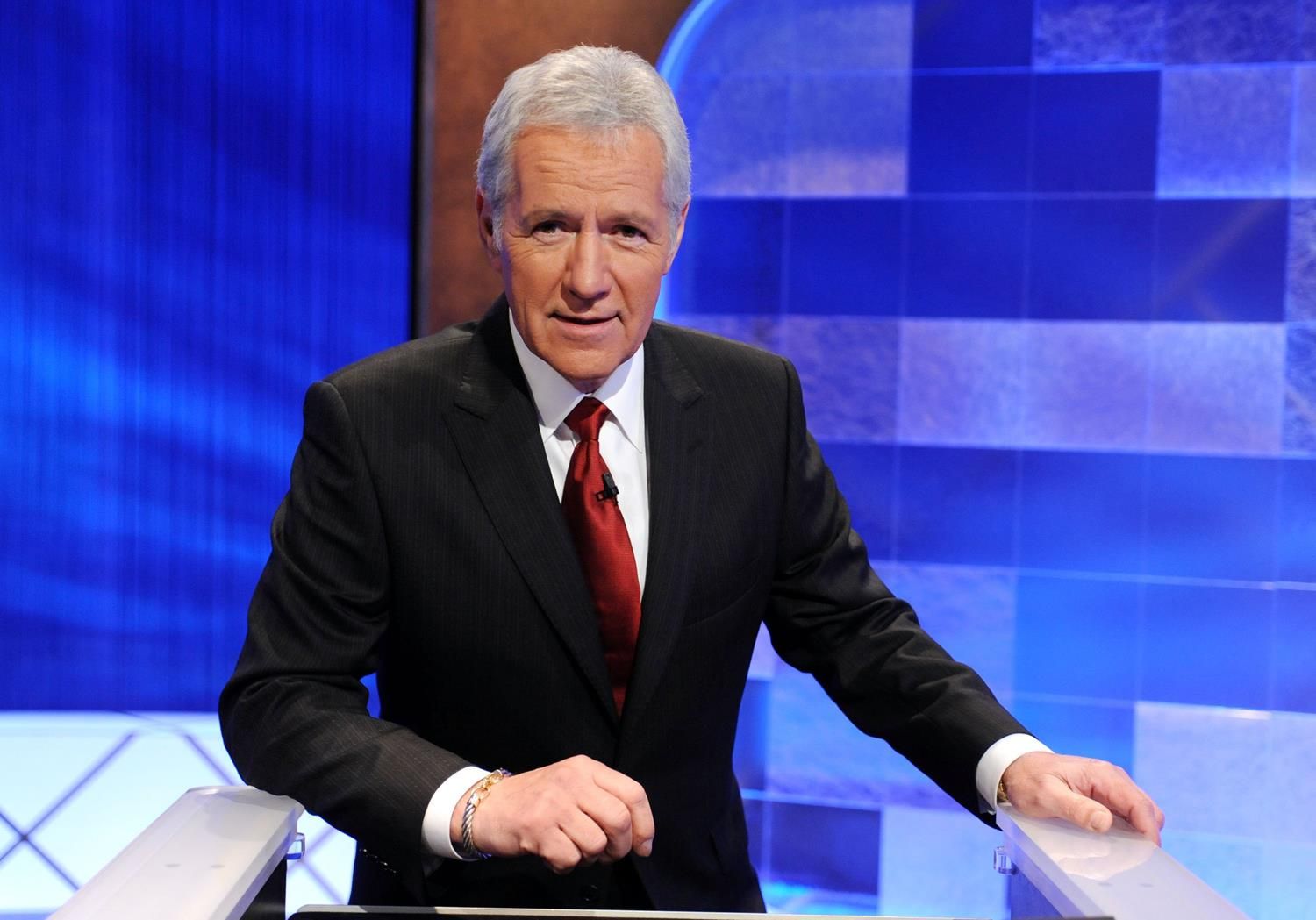
*1985*
On February 14, 21-year-old female singer Whitney Houston releases her debut album – Whitney Houston. After seeing Houston perform in a New York City nightclub, Clive Davis believed the singer had the potential to crossover and be the next big superstar. He signed her in 1983, and the two began working on her debut album. Initially, Davis had a hard time finding songs for her. Even after elaborate showcases in New York and Los Angeles, many producers turned down the chance to work with her. It took a year and a half for Jerry Griffith, then-Arista's A&R chief and the one who had recommended Houston to Davis, and Davis to gather suitable songs for the album. Finally, the songwriter-producer Kashif offered to produce "You Give Good Love." Jermaine Jackson produced three songs. Narada Michael Walden revised and then made "How Will I Know." Michael Masser covered the pop side of the tracks, producing four of his compositions, including "Saving All My Love for You" and "Greatest Love of All," which had been initially recorded in 1977 by George Benson as "The Greatest Love of All," and was the central theme of the 1977 Muhammad Ali biopic The Greatest. After two years of recording, the album was ready for release. Budgeted at $200,000, it ultimately cost almost $400,000.
On February 15, John Hughes' The Breakfast Club is released in theaters.

On March 4, it marks a key milestone in the fight against HIV since the U.S. Food and Drug Administration (FDA) approved the first-ever test to screen blood donors for exposure to HIV.This was an unparalleled scientific breakthrough in the speed and accuracy of detecting HIV in blood at a time when fear was high, and many myths prevailed. In the early 1980s, fatal, incurable AIDS was in the news regularly. People put off donating and receiving blood as well as undergoing necessary surgeries for fear they would contract the virus. The world was in a panic. Eventually, researchers understood that the virus was transmitted through certain body fluids, including blood. Still, a test was unavailable to screen blood, which put the blood supply at risk. At the time, in some U.S. cities, an estimated 1 in 90 transfusions was infected with HIV.1Much of that changed in March 1985, when the FDA licensed the first test to screen blood for exposure to HIV, developed by Abbott. The approval marked a culmination of a frenetic nine months of round-the-clock work by Abbott scientists to build a reliable test to screen donors for exposure to a virus, known then as HTLV-III, which is the cause of AIDS. Approval of the new test was announced by Health and Human Services Secretary Margaret Heckler and U.S. FDA Commissioner Frank Young at a packed news conference in Washington, D.C. Immediately, the test was adopted by the American Red Cross and other blood organizations around the world. Following the introduction of the test, the risk of acquiring HIV from a transfusion has become minimal. Today, millions of patients are safely given blood transfusions every year.
On July 3, Back to the Future opened in American theaters and became the highest-grossing film of 1985 in the United States. It is the first film in the successful franchise.
On October 18, Nintendo quietly launched the most influential video game platform of all time by releasing a limited batch of Nintendo Entertainment Systems in New York City. The American video game market was in shambles. Atari, Mattel, and Coleco's sales of game machines had risen to dizzying heights, then collapsed even more quickly.
The Color Purple was released in Los Angeles on December 18, 1985.

*1986*
On January 23, the first group of artists was inducted into the Rock and Roll Hall of Fame. They included Elvis Presley, James Brown, Little Richard, Fats Domino, Ray Charles, Chuck Berry, Sam Cooke, the Everly Brothers, Buddy Holly, and Jerry Lee Lewis.
Mike Tyson beat Trevor Berbick on November 22 to become the youngest heavyweight champion in history. By 1986, Tyson had garnered a 22-0 record, winning 21 fights by knockout.
*1987*
Hulk Hogan defeated André the Giant in the main event of WrestleMania III on March 29, 1987, at the Pontiac Silverdome in Pontiac, Michigan, to retain the WWF World Heavyweight Championship.
The shorts first aired on April 19, 1987, starting with "Good Night". The final short to air was "TV Simpsons", originally airing on May 14, 1989. The Simpsons later debuted on December 17, 1989, as an independent series with the Christmas special "Simpsons Roasting on an Open Fire."
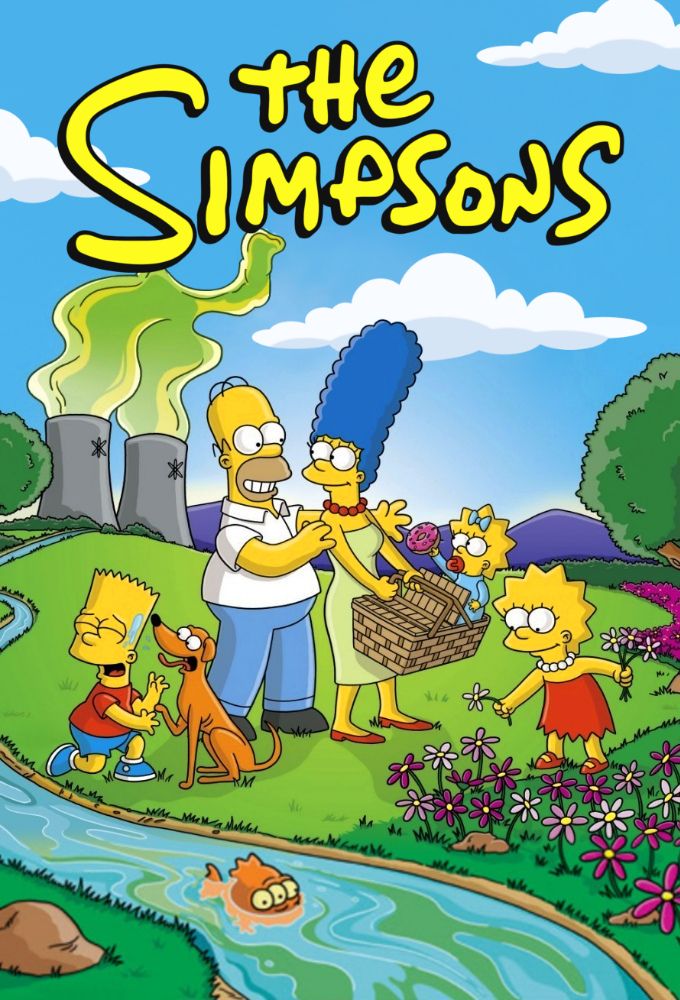
*1988*
On June 14, a small wildfire was started by a lightning strike in Montana, United States, near the boundary of Yellowstone National Park. The Storm Creek fire expanded into the park and merged with dozens of other drought-aggravated fires. Eventually, over 750,000 acres (3,000 km2) of Yellowstone—36% of the park's area—burned before firefighters gained control in late September.
In the November 8 election, George H. W. Bush won most of the popular vote and the Electoral College. His popular vote percentage (53.4%), his total electoral votes (426), and his number of states won (40) have been surpassed in any subsequent presidential election.
*1989*
On January 20, George H. W. Bush was sworn in as the 41st president of the United States, and Dan Quayle was sworn in as the 44th vice president.
On April 19, Trisha Meili is attacked while jogging in New York City's Central Park; as her identity remains secret for years, she becomes known as the "Central Park Jogger."
Seinfeld is an American television sitcom created by Larry David and Jerry Seinfeld that originally aired on NBC on July 5.
On August 22, Nolan Ryan of the Texas Rangers became the first pitcher to strike out 5,000 batters. Ryan struck out 13, walked two, and allowed only five hits in a 2-0 loss to Oakland. Ryan began the night needing six strikeouts and fanned Rickey Henderson swinging, leading off the fifth inning, for the record.
Bạn đang đọc truyện trên: AzTruyen.Top